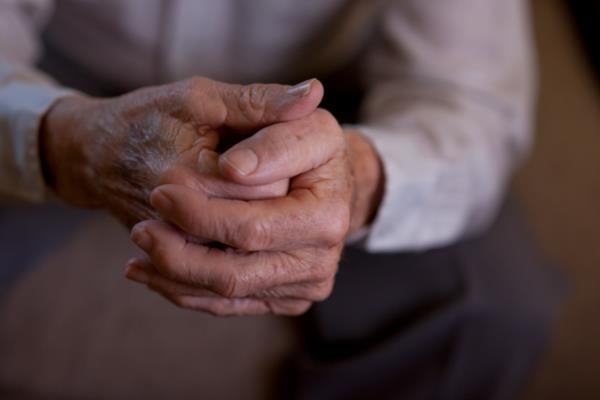Depression is a common problem among older adults, according to the National Institute on Aging.
Life circumstances, like the loss of a loved one; medical conditions like Alzheimer’s (or another form of dementia) or a stroke; and certain medications can all make older adults prone to depression.
Loneliness may also be a factor. Everyone needs social connections to survive and thrive. But as people age, they often find themselves spending more time alone.
Life Changes that Contribute to Depression
- Adapting to a move from home to an apartment, retirement or care facility
- Chronic pain
- Functional/mobility limitations
- Loss of independence (caring for themselves, or driving)
- Feelings of isolation or loneliness as children move away and a spouse or close friends pass
- Lack of exercise
- Certain medical conditions
- Struggles with memory loss and problems thinking clearly
Signs of Depression in Older Adults
- Being more confused or forgetful
- Eating less - refrigerator may be empty or contain spoiled food
- Changes in personal appearance: not bathing or shaving as often; clothes may be dirty and wrinkled or smell of urine or stool
- Not cleaning or taking care of the home
- Stopping medicines or not taking them correctly
- Withdrawing from others - not talking as much, not answering the phone or returning calls
- Persistent sad, anxious, or "empty" mood
- Irritability, restlessness, or having trouble sitting still
- Loss of interest in once pleasurable activities
- Moving or talking more slowly
- Difficulty concentrating, remembering, or making decisions
- Difficulty sleeping, waking up too early in the morning, or oversleeping
How to Get Help
Keep in mind that clinical depression is not a normal sign of aging. In fact, studies show that most older adults feel satisfied with their lives, despite having more illnesses or physical problems than younger people. However, experiencing depression as a younger person, may make experiencing depression as an older adult more likely.
If you notice signs of depression in an aging loved one, you can help:
- Encourage them to seek medical treatment and stick with the prescribed treatment plan.
- Help set up medical appointments or accompany them to the doctor’s office or a support group.
- Participate in activities they like to do.
- Ask if they want to go for a walk. Physical activity can be great for boosting mood.
The support of a professional caregiver can go a long way toward helping an aging loved one who is depressed or suffering the strain of caring for a sick spouse or other family member. Read more about the benefits of respite care and find a caregiver near you.
In-Home Care for Chronic Conditions
Living with a chronic health condition can feel overwhelming. Home Instead skilled Care Professionals relieve the burden with person-centered care tailored to individual needs.




